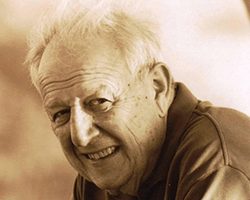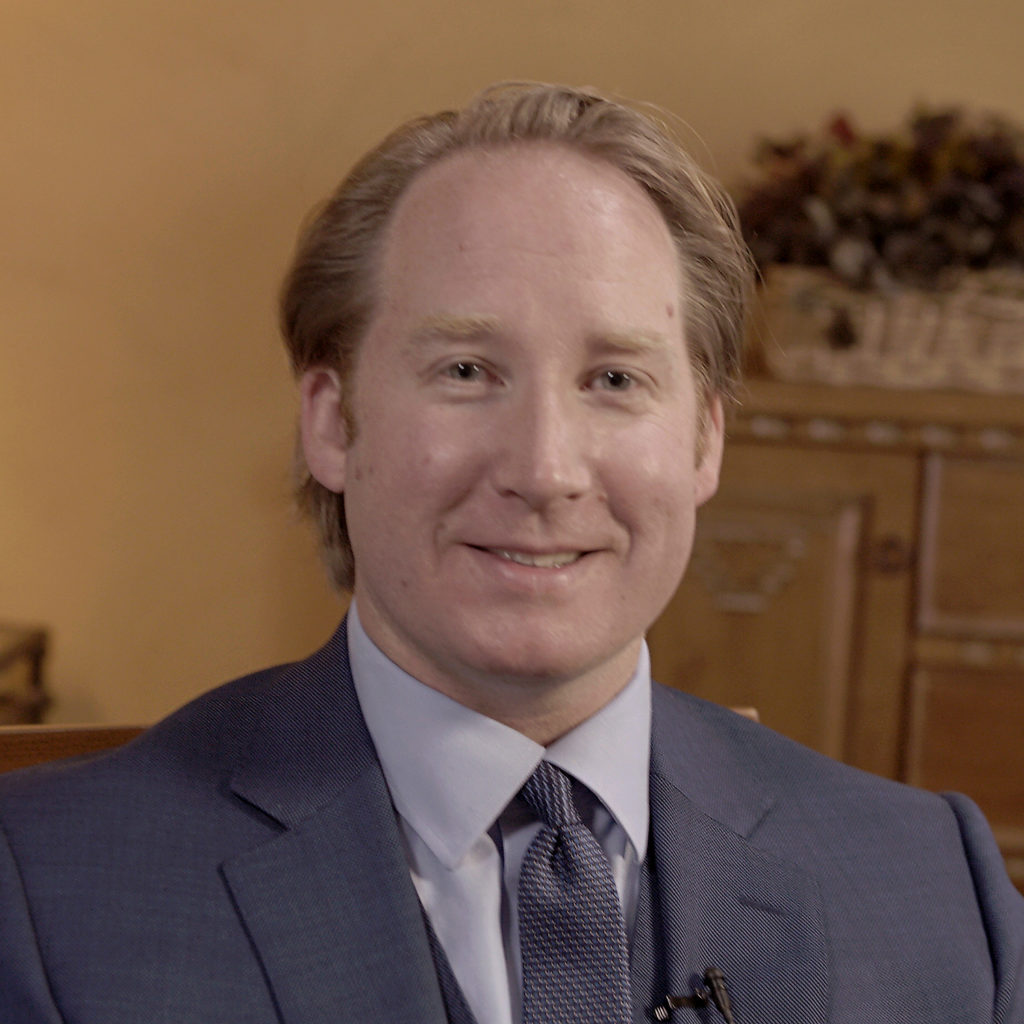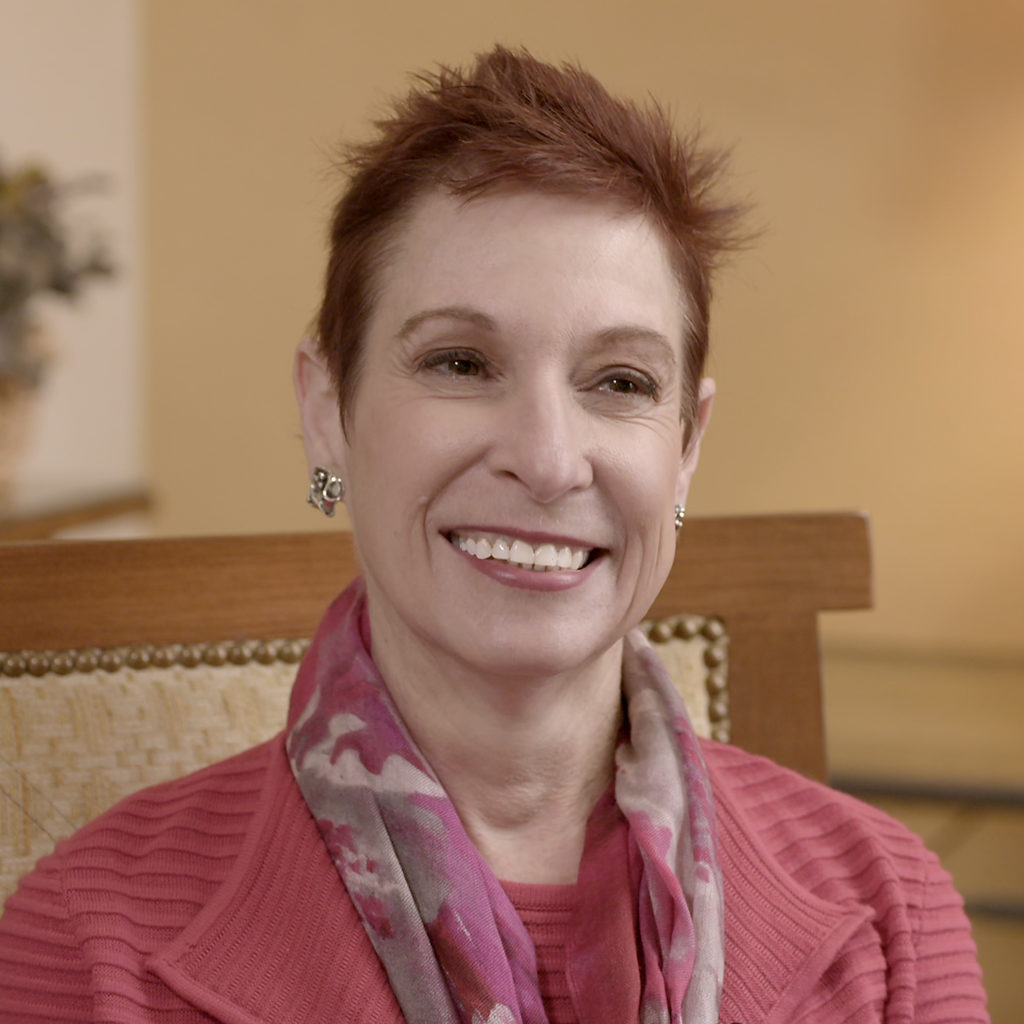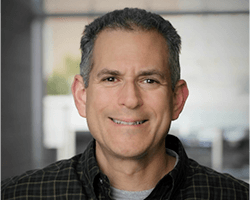
Interview Notes
Find more about Gerald Edmunds and his work here:

Interview Notes
Find more about Teshamae Monteith, MD and her work here:

Interview Notes
Find more about Alan Mian, PhD and his work here:

Interview Notes
Find more about Stephen Silberstein, MD and his work here:

Interview Notes
Find more about Seymour Diamond, MD and his work here:

Interview Notes
Find more about Eric Baron, DO and his work here:
- You can find Dr Eric Baron at the Cleveland Clinic
- He is also active on Twitter @Neuralgroover

Interview Notes
Find more about Eileen Jones, RN, PHN and her work here:

Key Questions
- Are hormones the reason why more women experience migraine?
- What happens to hormones as a woman ages?
- How many women with migraine have a strong hormonal connection?
- What is menstrually-related migraine?
- What is pure menstrual migraine? How is it different?
- What is the secret to understanding your hormonal pattern?
- How is it diagnosed? [6:10] How do hormones affect migraine?
- Can menstrual migraine be treated?
- Which treatments are effective for hormonal migraine?
- Can hormonal migraine be effectively managed?
- What type of hormone replacement therapy (HRT) might be used?
- How might treatment be adapted for hormonal migraine?
- What doses are required?
- What can you do if you are contraindicated for HRT?
- What other treatment options are there that could be effective?
- What are some inexpensive ways to manage hormonal migraine?
- What is a proactive strategy that can be implemented to prevent hormonal migraine?
- Who are the experts that can really help address hormonal migraine?
- What happens to hormonal migraine attacks during pregnancy?
- What treatments can be taken safely during pregnancy?
- What treatments can be taken safely during breastfeeding?
- How do you juggle all the different healthcare professionals that you might need to work with for hormonal migraine?
- What natural alternatives can be effective for migraine prevention?
- What are the most difficult life stages for hormonal migraine?
- How can we prepare for this?
- Which treatments can address both hormonal symptoms and migraine together?
- What is menopause and the implications for hormonal migraine?
- Which surgical alternative is not recommended for managing hormonal migraine?
- What treatment types do you prefer for hormonal migraine and why?
- What are the telltale signs of hormonal migraine?
- What advice do you give to your patients with hormonal migraine?
- Is there a link between endometriosis and migraine?
- What mistakes are often made by inexperienced doctors when treating hormonal migraine?
Interview Notes
Find more about Susan Hutchinson, MD and her work here:

Interview Notes
Find more about Deborah Friedman, MD and her work here:

Interview Notes
Find more about Michael Greger, MD and his work here:

Interview Notes
Find more about Bradley Katz, MD and his work here: